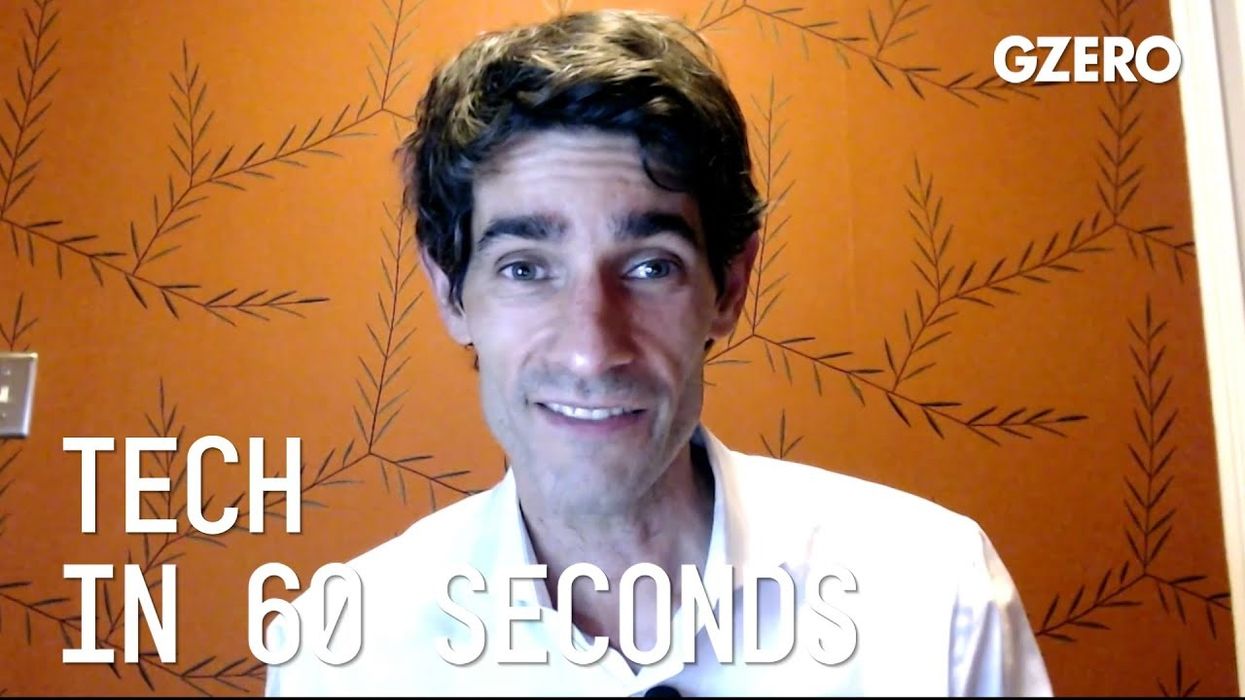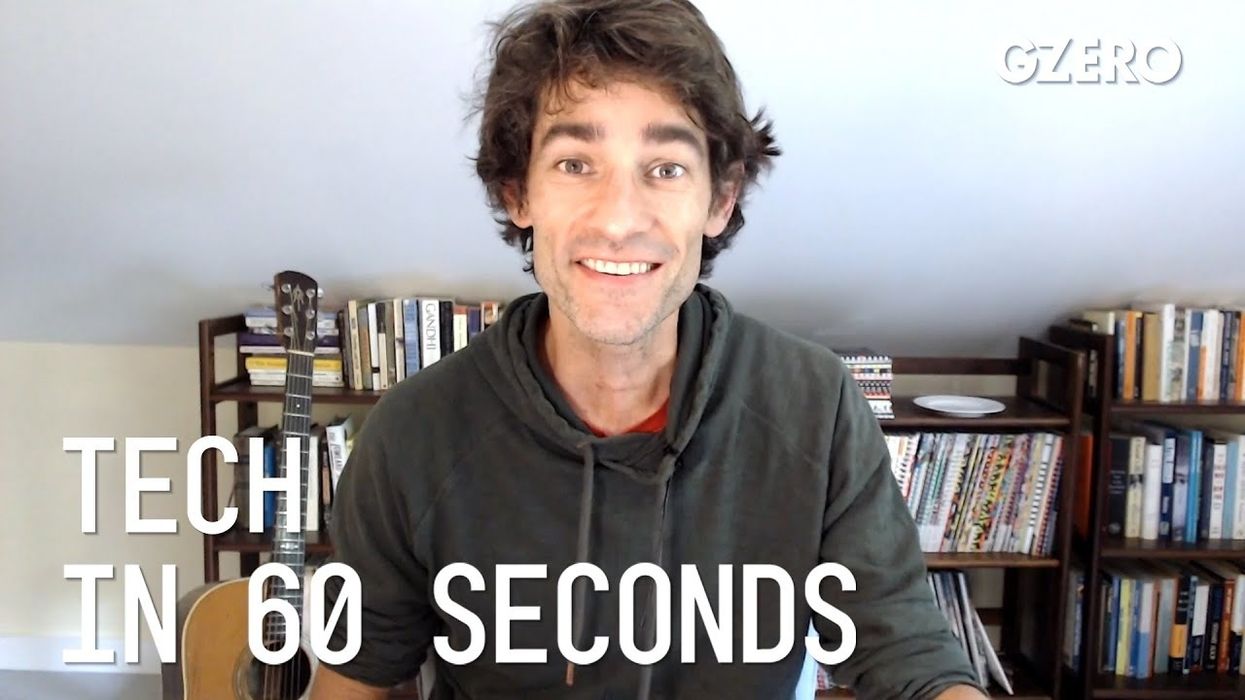GZERO World Clips
Are online extremists moving underground?
One result of the law enforcement crackdown on pro-Trump Capitol rioters following the events of January 6 is that many right-wing extremists have left public social media platforms like Facebook and Twitter for encrypted apps like Telegram and Signal. But renowned tech journalist Kara Swisher isn't all that concerned. "The white supremacist stuff, it's like mold. They thrived in the light, actually." Now that these groups no longer have such public platforms, their recruiting power, Swisher argues, will be greatly diminished. Plus, she points out, they were already on those encrypted apps to begin with. Swisher's conversation with Ian Bremmer was part of the latest episode of GZERO World.
Jan 25, 2021




